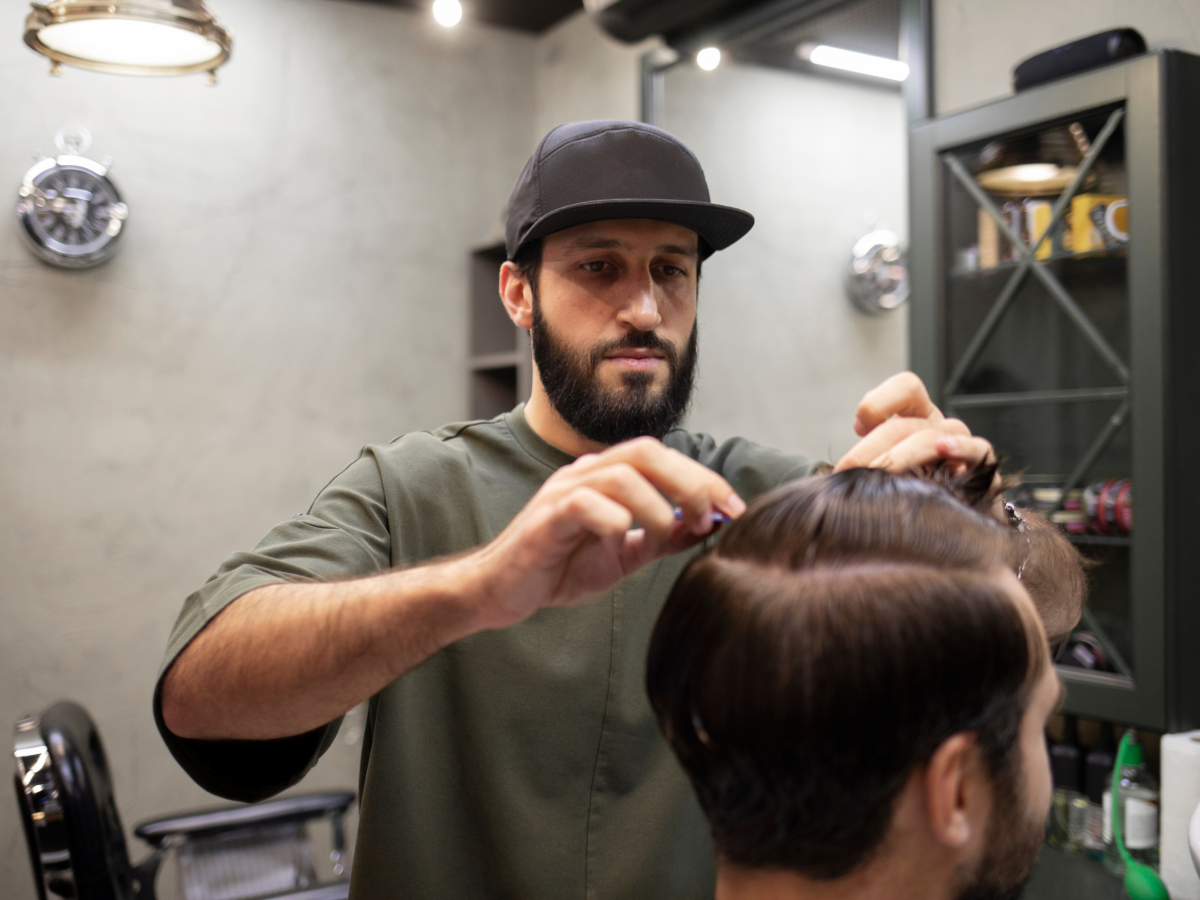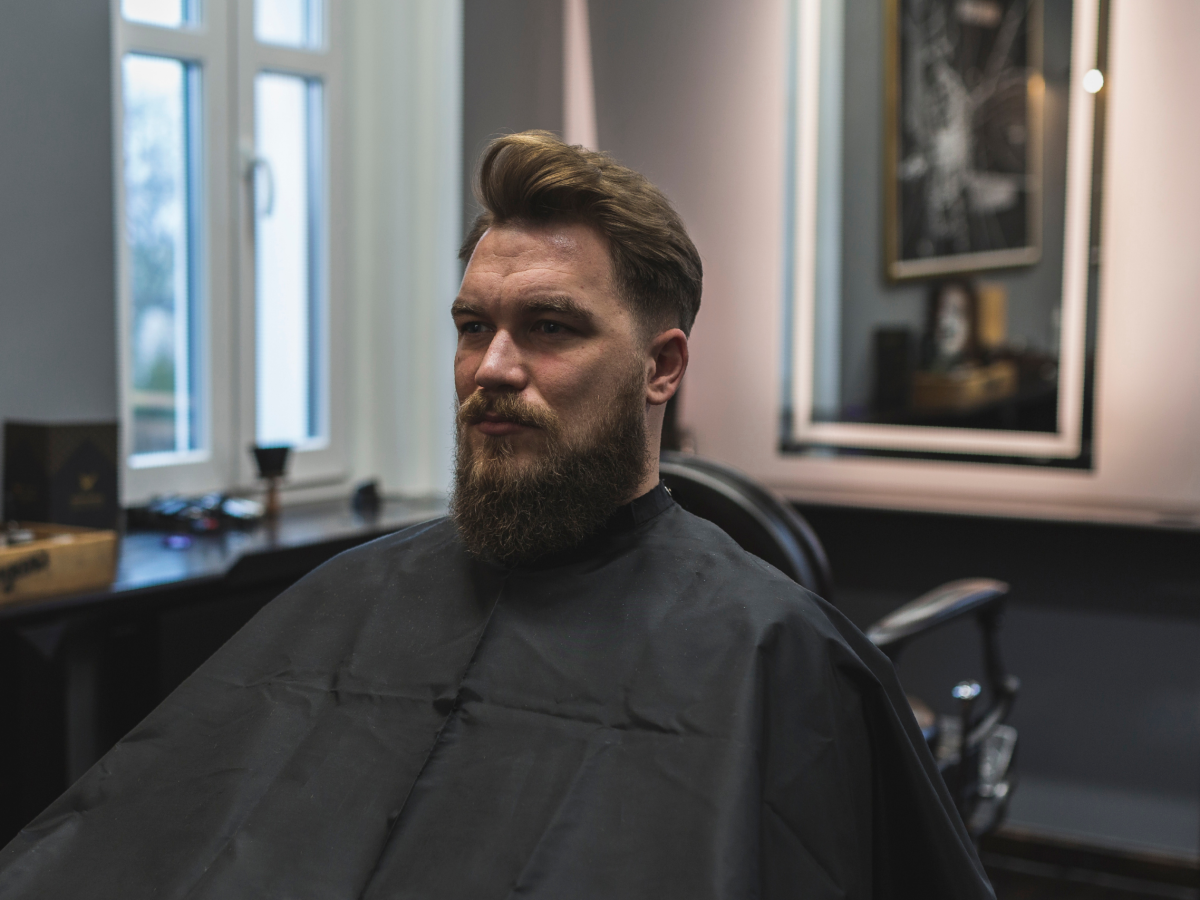
Beards are more than a fashion statement—they’re a form of personal identity. Whether you’re aiming for a rugged stubble or a full Viking beard, one product continues to dominate the conversation in men’s grooming: beard oil. But among the benefits of shine, softness, and hydration, one question remains at the top:
Does beard oil actually help with beard growth?
Let’s break down the myths, the facts, and what beard oil really does for your facial hair.
What Is Beard Oil?
Beard oil is a grooming product designed to condition and moisturize both your facial hair and the skin beneath it. Most quality beard oils contain a blend of:
- Carrier oils (like jojoba, argan, or coconut oil): These provide moisture, reduce dryness, and soften the beard.
- Essential oils (like tea tree, peppermint, or sandalwood): These may offer antimicrobial, anti-inflammatory, or stimulating properties.
- Vitamins and antioxidants: Often included to support overall skin health.
It’s lightweight, non-greasy when applied correctly, and absorbs into both skin and hair quickly.
What Beard Oil Can Do
Before diving into the growth debate, it’s important to understand what beard oil is designed to do:
✅ Moisturize the skin
Beard oil helps prevent dryness and flakiness under your beard, keeping the skin healthy and irritation-free.
✅ Soften and tame hair
It reduces coarse, wiry textures, making your beard easier to groom and style.
✅ Reduce beard itch
A moisturized beard and skin barrier mean less itching—especially during early growth stages.
✅ Add shine and improve appearance
Beard oil gives your beard a healthy, polished look without appearing greasy.
Can Beard Oil Stimulate Beard Growth?
Here’s the truth:
Beard oil does not directly cause new beard hairs to grow—especially if you’re genetically predisposed to patchy or sparse facial hair.
However, beard oil can create the ideal environment for beard growth in the following ways:
1. Supports a Healthy Skin Barrier
The skin beneath your beard matters. If it’s dry, inflamed, or clogged, hair follicles can become weak. By keeping the skin hydrated and clean, beard oil helps support the hair follicles responsible for growth.
2. Improves Circulation (with Certain Oils)
Some essential oils like peppermint or rosemary oil have been linked to increased blood flow in small-scale studies. Better blood flow = better delivery of nutrients to hair follicles.
3. Prevents Breakage and Improves Length Retention
While beard oil doesn’t increase the number of hair follicles, it can reduce breakage at the ends of your beard. That means you may notice faster visible growth simply because fewer hairs are snapping or drying out.
4. Reduces Inflammation That Can Inhibit Growth
Beard dandruff, acne, or skin infections can weaken follicles. The anti-inflammatory and antibacterial properties in many essential oils help soothe these issues, keeping the beard area healthy and growth-friendly.
What Beard Oil Cannot Do
- Create new follicles
If your genetics don’t support a thick or full beard, beard oil won’t change that. - Act like a miracle growth serum
No over-the-counter oil can promise “overnight growth” or transform patchy areas in days. - Replace nutrition or hormones
Beard growth is heavily influenced by testosterone, DHT levels, and overall health. Beard oil is not a hormonal product.
How to Use Beard Oil for Best Results
- Wash and dry your beard before applying (apply to slightly damp hair if preferred).
- Use 2–6 drops, depending on beard length.
- Rub oil between your palms and massage into your beard and skin.
- Comb through for even distribution.
- Apply once or twice daily for consistent results.
Final Verdict: So, Does Beard Oil Help Beard Growth?
Yes—and no.
Beard oil is not a magical growth elixir. But when used consistently, it improves the health of your skin and beard, supports better conditions for hair to grow, and helps you maintain a fuller, stronger look.
If your beard is struggling due to dryness, breakage, or poor skin health, beard oil can make a noticeable difference. But if you’re dealing with sparse genetics or hormonal imbalances, you may need to explore additional solutions—like supplements, derma rolling, or consulting a dermatologist.


